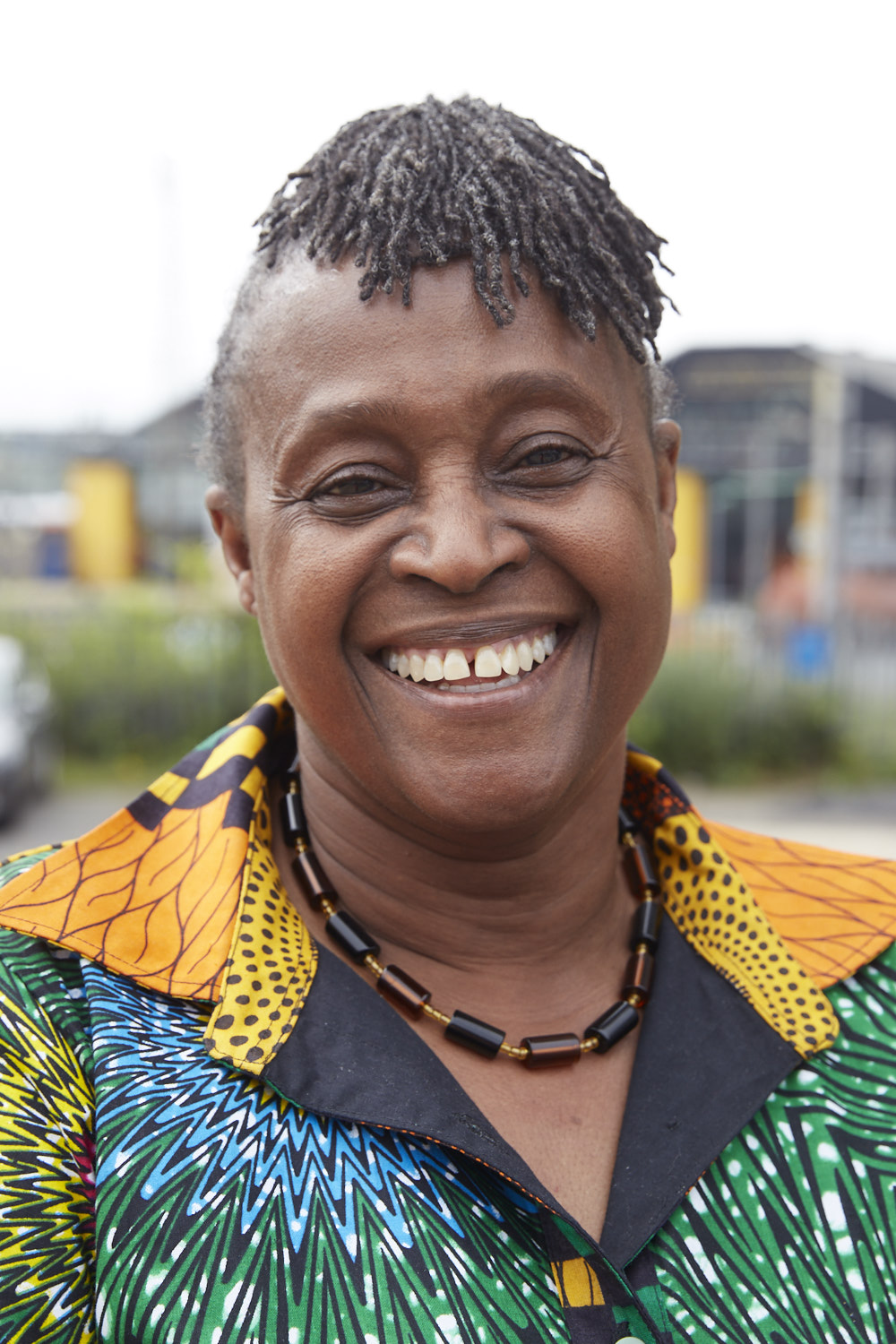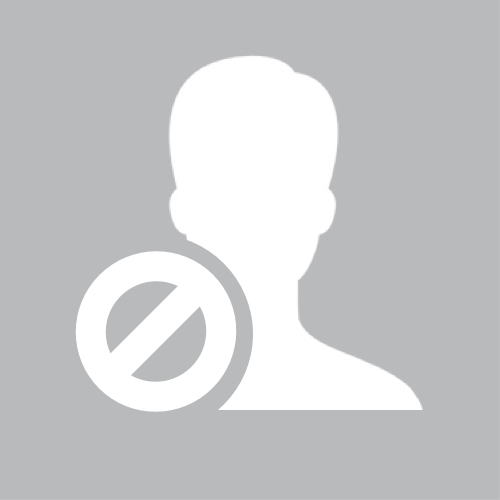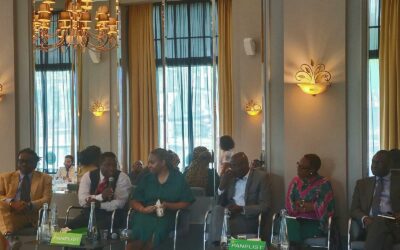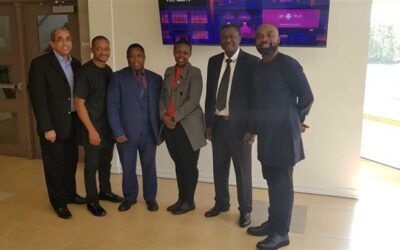‘IT IS IMPORTANT THAT WE STRIVE TO BE MORE PROFESSIONAL TO ENSURE THAT WE ARE ABLE TO COMPETE EFFECTIVELY WITH MAINSTREAM DEVELOPMENT PARTNERS’
- Could you tell us more about yourself and your background?
I was born in south of Ghana where I had my education and started my career working with women and girls. I had the opportunity to become an academic after university, but had a strong passion to go into development work and I have never regretted this move. My first job after going through the compulsory national service where I worked as a teaching assistant, I headed off to Northern Ghana to work in a rural area with women agricultural farmers, where I was the only senior female training officer. This gave me the love for training.
- What was the purpose of creating the Foundation for Women’s Health, Research and Development [FORWARD]? When was it created and what are its goals today?
I was not the founder of FORWARD, but have been very instrumental in shaping the work of the organisation and influencing its current position. FORWARD was founded in 1985 by Efua Dorkenoo who sadly died nearly five years ago, she was a pioneer in speaking out against female genital mutilation (FGM) and wanted an African led platform to tackle this major human rights violation. Efua approached me in 1997 to join the board of FORWARD when I was working with the International Planned Parenthood Federation in London. I was happy to come on board as I was also working on influencing my organisation to take on FGM having heard about the huge numbers of women and girls affected in Africa. I felt I needed to add my voice and my skills to making a difference to the lives of women and girls affected and at risk.
It is over 22 years now since I joined the FORWARD family and now 12 years since I took over as the Executive Director of FORWARD. I have since moved the organisation from 3 staff at the time to current 20 staff and increased our annual budget to over the £1 million mark, which is a very great achievement for an African organisation.
FORWARD is an African women-led organisation working to end violence against women and girls (VAWG). From female genital mutilation (FGM) to child marriage, we tackle abuse, rights violations and discrimination – enabling African girls and women to have the dignity, health and equality they deserve. Our vision is for a world where African girls and women live in dignity, are healthy, have choices and equal opportunities. We work nationally in the UK, Africa and Europe in partnership with local organisations and target primarily African women and girls, the majority of whom are migrants; refugees and asylum seekers as well as second generation young women.
FORWARD’s Strategic Plan 2017- 2020 is about Accelerating Change for African Women and Girls and its core goals are as follows:
- Shaping the agenda on violence against African women and girls;
- Cascading evidence-based interventions and models of good practice;
- Nurturing resilient young women leaders;
- Educating and empowering key professionals and communities;
- Strengthening our organisational capacity and brand.


- What are the projects and fields of activity of the Foundation for Women’s Health, Research and Development [FORWARD] and how would you maximize your impact on the continent?
FORWARD has been a pioneer organisation, adopting a holistic and culturally appropriate approach to tackle the complex issues that face African women and girls affected by multiple forms of violence including FGM. For over 30 years, we have built long term relationships and partnerships at multiple levels which have given us a strong mandate and legitimacy to work with African community on migration, gender equality and health and well-being. We work nationally in the UK to deliver programmes commissioned by Local Authorities and government due to the credibility we have built with communities. We have a track record of strong partnership working, supporting over 10 community organisations and women’s networks across the UK. We have been instrumental in nurturing and mentoring community organisations and community champions, equipping them with skills, inspiring motivation and providing opportunities to undertake outreach at the local level.
Our partnership working to maximize our impact is based on identifying organisations that have a good fit with our work, particularly women-led and young women led or youth oriented organisations. As such we do not establish our own organisations in Africa. We often identify partners through our diaspora networks, diaspora initiated organisations and young women we have worked with in previous interventions. In most cases, the selection of partners is preceded by participatory research and stakeholder workshops. We conduct due diligence assessment and onsite visits and meetings, often participating in pilot interventions before developing an agreement to work together in partnership. FORWARD’s FAST partnership approach involves provision of funding, accompaniment and sustained technical support to partners we work with to co-implement interventions.
Our new young women’s leadership programme- Tuwezeshe Akina Dada (which stands for enabling our sisters in Swahili) is our biggest programme which will impact widely in Africa. We have trained over 220 young women in the UK and Tanzania, Kenya, Uganda and Somalia and through our partnership with four organisations in Africa and the UK. This transformational programme includes feminist training, mentoring and provision of sub-grants to undertake social action on VAWG. The Fellows have engaged policy makers, conducted research, provided peer to peer outreach and support and also cascaded their leadership training to their peers. The young women’s hub which emerged from this leadership programme provides a safe and supportive space for young women’s activism, share learning and build resilience. This programme also includes developing intergenerational approaches to build bridges between the young and older generation- so we have a strong mentoring component of this project which identifies women activists and professionals who have careers in key areas to support the young women to deliver their social action and leadership journey.


- What message would you like to send to other diaspora organisations? To the leaders of the EU and the AU? To African youth?
African diaspora have been extremely influential in making change back in Africa and in Europe and our organisations play an instrumental role in development. However, it is important that we strive to be more professional to ensure that we are able to compete effectively with mainstream development partners. This requires having clarity in our institutions and being able to deliver our mission of bringing about change to our people and our continent. We are aware that our remittances as diaspora makes a difference to the lives of millions in the continent. Unfortunately, with recent austerity measures and donor trend in funding larger organisations and development consultancies, this means that many diaspora organisations have lost funding. This is something that needs to be addressed by the European Union and to create opportunities for diaspora organisations to build their capacity and efficiency in programme delivery. ADEPT can play an extremely strategic role in making this a reality for diaspora organisations in Europe.
My message for African youth both in the diaspora and in Africa, as emerging and future leaders of the continent, we need to have young people to have opportunities, capabilities – skills and agency as well as motivation to deliver change for Africa. While there are huge challenges in accessing opportunities, new technologies are making a huge difference and creating new job openings and connectivity but there are huge issues pertaining to location lottery – those in rural areas are left behind and their needs should be prioritized by the African Union and African governments. In Europe, we are seeing challenges in relation to identity, racism and lack of voice within migrant African youth, this needs to be addressed to enable diaspora youth to thrive in Europe.
Tackling gender equality and empowerment of women and girls is a must to protect the future of the continent, finally tackling leadership, mental health and violence against women and girls should be mainstreamed in all our development agendas.





